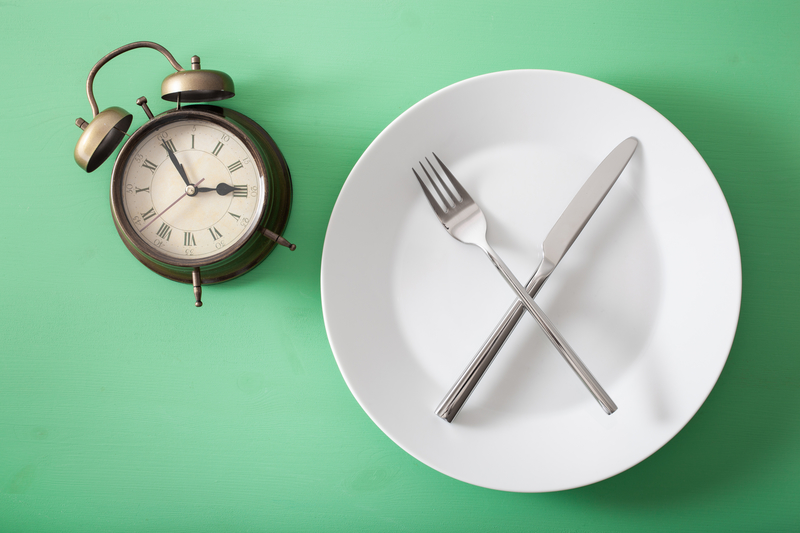I’ve noticed that fasting has become super trendy. I get asked what my thoughts are on fasting at least once a week so I thought I’d share them here.
Whilst there seems to be some research indicating some positive benefits to fasting, in my experience for most people it is problematic. Here’s why –
- Fasting shuts down sex hormones. When we fast, our body gets the message that there is food scarcity. When there is food scarcity, the stress hormones will downregulate which can result in infertility, PMS, hormonal imbalance, and low testosterone.
- Fasting increases blood sugar levels. While most experts on fasting will talk about how this regular practice can be beneficial to blood sugar, the truth is when we fast, our body will produce more glucose as a response to the perceived ‘stress’ response that is stimulated by the fast. High blood sugar can make it harder to lose weight in the long run.
- Fasting can cause sleep irregularities or insomnia. Ever woken up in the middle of the night after not eating enough at dinner time? When our blood sugar dips low during our sleep time, our cortisol levels will spike which can reduce melatonin production. This can interrupt our sleep, causing changes to the quality or quantity.
- Fasting can cause weight gain. We’ve all heard that diets aren’t good for us. That reducing calories and depriving ourselves drastically of food can cause a slowing of our metabolic function ultimately resulting in weight gain. Well, the same can be said for many people when it comes to fasting. Reducing the total calories eaten in a day can make it extremely difficult to eat an adequate amount of calories for optimal metabolic function, meaning over time a slowing of fat burning.
- Fasting is a state of emergency. Our physiology is no different from our hunter/gatherer ancestors which means that we are wired to seek out food in order to survive. When there is a lack of food for an extended amount of time this signals to our body that we are in a ‘survival’ state and we start to produce survival/stress hormones such as adrenaline and cortisol. Long-term production of these hormones can cause all sorts of health issues such as high blood sugar, high blood pressure, metabolic dysregulation, abdominal fat storage, chronic diseases, and more.
I am not saying that fasting doesn’t work for everybody. Fasting has been shown to be beneficial to some, however, I would say that in my experience most people are experiencing way too high levels of day-to-day STRESS to add in any additional stress in the form of fasting. Also, the research seems to be much more positively geared towards MEN than women and that fits with our evolutionary physiology.
If you are fasting and finding yourself experiencing any of these symptoms, perhaps try adding back in more regular meals. If you are fasting and finding it’s working for you, that’s great too, keep an open mind and pay attention to your body.


2 Comments
Thumbelina
Hi Sarah,
What are your thoughts on IF and doing it around the time that suits your body the most . For example : I have never been a breakfast unless I’m on holiday but even so it’s usually at 9-10 am where the act of going to a nice cafe and indulging makes my tummy ready for food . I have tried fasting from 8pm to 12 noon and I find I feel lighter and drink lots of water . My sex hormones generally are quite low since being diagnosed with mixed anxiety and depression so it’s hard to say whether for me personally fasting has contributed to it .
Really keen to hear your thoughts on IF adjusted to an individuals own food clock
Sarah Hopkins
Hi there,
If you have any anxiety and hormonal imbalance fasting will make this worse and is more than likely the cause of it. A lack of hunger in the morning is a sign of elevated stress hormones which will ultimately cause this hormonal imbalance and anxiety that you describe. Hope that has answered your question in relation to my thoughts on IF adjust to individuals own food clock. 🙂